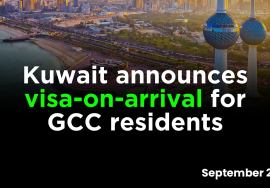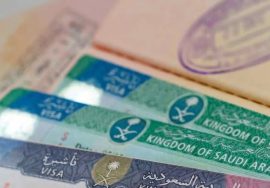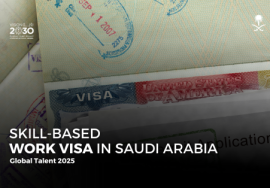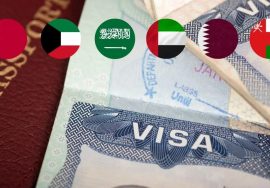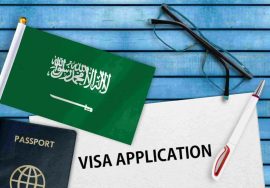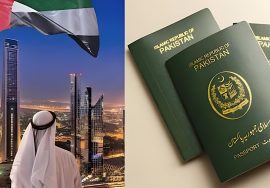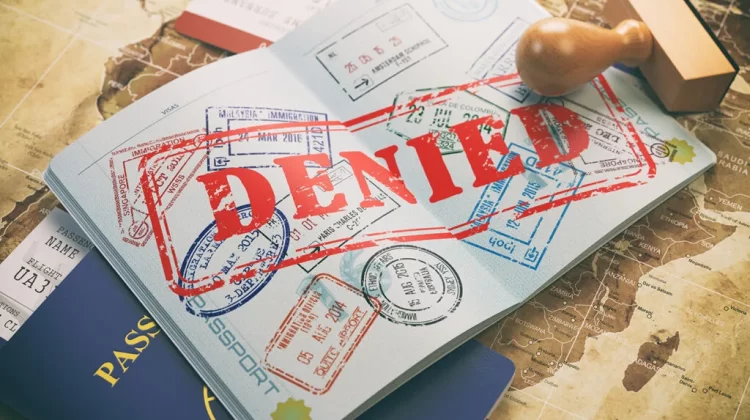
Gulf Visa Rejected? Avoid These 5 Common Mistakes in 2025
Applying for a Gulf visa is often the first step toward a rewarding career in the Middle East. With booming industries in construction, healthcare, hospitality, and oil & gas, thousands of workers from Asia and Africa aspire to secure jobs in Saudi Arabia, UAE, Qatar, Kuwait, Oman, and Bahrain. However, one of the most common hurdles applicants face is visa rejection.
In 2025, Gulf countries have introduced stricter yet more streamlined policies for work visas and recruitment agencies. While these rules make the process more transparent, even small mistakes can result in denial. If your Gulf visa application has been rejected recently or you want to avoid delays, this guide highlights the top five mistakes to watch out for and how to improve your chances.
1. Passport Validity Issues
One of the leading causes of visa rejection is an expired or soon-to-expire passport. Most Gulf embassies require at least six months of passport validity from your intended travel date. If your passport falls short, your visa application is likely to be rejected instantly.
Pro Tip: Always renew your passport before applying. Even if it has more than six months left, consider renewing early to avoid issues, especially if you’re planning a long-term employment visa in the Gulf.
2. Incomplete or Incorrect Documentation
The Gulf visa process demands accurate and complete paperwork. Missing documents such as a medical certificate, employment contract, or police clearance certificate can lead to rejection. Even small discrepancies—like spelling errors in your name or mismatched details between documents—raise red flags.
Pro Tip: Double-check your application with a trusted overseas recruitment agency like FALISHA Manpower before submission. Professionals can review your papers and ensure everything is correct, increasing your success rate.
3. Insufficient Financial Proof
For tourist or visit visas, showing insufficient funds in your bank statement is a major rejection reason. Gulf authorities want assurance that visitors and job seekers can cover their living costs. For work visas, not meeting the financial criteria set by your employer or sponsor can also cause problems.
Pro Tip: Maintain a healthy bank balance for at least three months before applying. If applying for a Gulf work visa, ensure your employer provides a valid sponsorship letter with all required financial details.
4. Missing or Weak Sponsor Details
In most Gulf countries, a valid sponsor is mandatory for obtaining a work visa. Your employer or recruitment agency must submit proof of sponsorship. If these details are incomplete or inaccurate, your visa will likely be denied.
Pro Tip: Always work with an authorized manpower agency that has a track record of providing genuine job offers and sponsor documentation. At FALISHA Manpower, we connect workers with verified employers across Saudi Arabia, UAE, and Qatar to ensure a smooth visa process.
5. Not Meeting Health or Security Requirements
Gulf states have strict health and background checks. Failing medical tests (like TB, hepatitis, or other infectious diseases) or having a criminal record can lead to rejection. In 2025, digital systems are making these checks faster and more accurate, reducing the chances of bypassing requirements.
Pro Tip: Get a complete medical examination before applying. Also, obtain a police clearance certificate from your home country to strengthen your profile.
How to Improve Your Chances of Visa Approval
Apply through Licensed Agencies: Partner only with government-approved recruitment agencies like FALISHA Manpower to avoid scams.
Stay Updated: Visa policies change frequently in the Gulf. Regularly check for updates on new rules for work permits and sponsorship.
Be Transparent: Never falsify documents; this not only causes rejection but can also lead to blacklisting.
Prepare in Advance: Collect all required documents (passport, education certificates, medical reports, police clearance, and sponsor letters) before applying.
Final Thoughts
Facing a Gulf visa rejection can be frustrating, but most denials are caused by avoidable mistakes. In 2025, Gulf countries are opening more opportunities for skilled workers, but their visa processes are more stringent than ever. By ensuring valid documents, accurate sponsorship, financial proof, and medical clearance, you can significantly increase your chances of approval.
At FALISHA Manpower, we specialize in connecting job seekers with trusted employers across the GCC. Our team guides you through every step of the visa and recruitment process, ensuring you avoid costly mistakes. Whether you’re looking for a construction job in Saudi Arabia, a hospitality role in the UAE, or a healthcare position in Qatar, we’re here to make your Gulf dream a reality.


